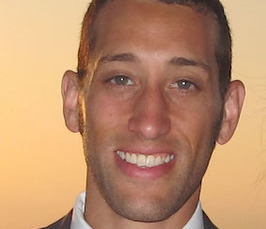Talk by Dr Michael Krashes, NIDDK/NIH, Bethesda, USA
Defined Paraventricular Hypothalamic Populations Exhibit Differential Responses Contingent on Caloric State
- Date: Jul 12, 2018
- Time: 02:00 PM - 03:00 PM (Local Time Germany)
- Speaker: Dr. Michael Krashes
- Acting Section Chief, Section on Motivational Processes Underlying Appetite, Diabetes, Endocrinology, and Obesity Branch, NIDDK
- Location: MPI for Metabolism Research, Gleueler Strasse 50, 50931 Köln
- Room: Seminar room 1
- Host: Prof. Jens Brüning
- Contact: mafalda.pereira@sf.mpg.de

Obesity levels continue to grow unabated resulting in a myriad of health concerns. Developing an understanding of the neural framework behind appetite control is fundamental to combatting this epidemic. The paraventricular hypothalamus (PVH) is a critical structure in the regulation of appetite, however the real-time, physiological response of neurons residing here to food following caloric deprivation has not been addressed. Integrating a combination of optical fiber photometry, electrophysiology, immunohistochemistry and neural manipulation strategies, we investigated the response properties of four molecularly-delineated PVH subsets implicated in satiety signaling. We identified both calorie- and state-dependent increased and decreased bulk activity in PVH-bearing glucagon-like peptide 1 receptor (PVHGlp1r)- and corticotropin-releasing hormone (PVHCrh)- populations, respectively. Furthermore, we highlight the role of PVHGlp1r neurons in orchestrating acute feeding behavior independent of energy output and the indispensability of PVHGlp1r and melanocortin-4 receptor (PVHMc4r) expressing neurons in body weight maintenance.